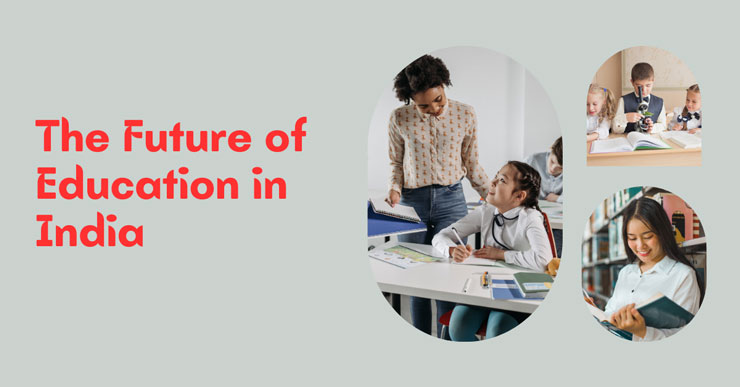The Key Future Trends in the Education Sector


The Future of Education in India
The future of education in India is bright, with a strong focus on innovation, inclusivity, and global competitiveness. As the country embraces these changes, the education system is set to produce a generation of well-rounded, skilled individuals ready to meet the challenges of the future.

The Key Future Trends in the Education Sector
Educational technology (EdTech) is a driving force behind many of the changes in the education sector. Innovations such as gamification, virtual reality (VR), augmented reality (AR), and adaptive learning platforms are making education more engaging, interactive, and effective. EdTech continues to push the boundaries of what is possible in education.

The Future of Learning and Education
The future of learning and education is undergoing a significant transformation, driven by technological advancements, evolving pedagogical approaches, and a growing emphasis on personalized learning.